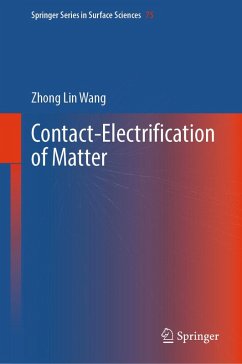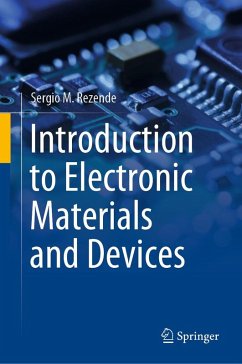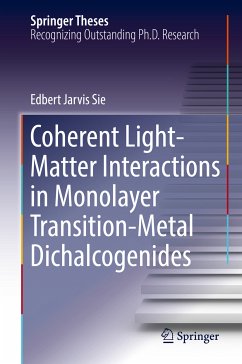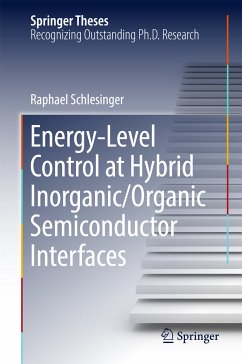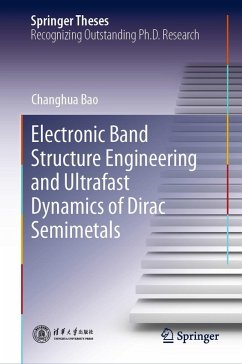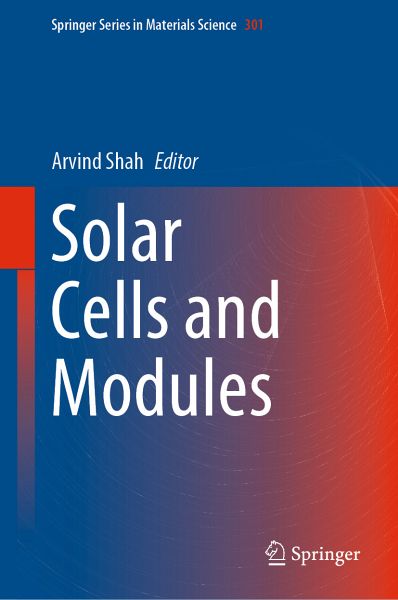
Solar Cells and Modules (eBook, PDF)
Versandkostenfrei!
Sofort per Download lieferbar
112,95 €
inkl. MwSt.
Weitere Ausgaben:

PAYBACK Punkte
56 °P sammeln!
This book gives a comprehensive introduction to the field of photovoltaic (PV) solar cells and modules. In thirteen chapters, it addresses a wide range of topics including the spectrum of light received by PV devices, the basic functioning of a solar cell, and the physical factors limiting the efficiency of solar cells. It places particular emphasis on crystalline silicon solar cells and modules, which constitute today more than 90 % of all modules sold worldwide. Describing in great detail both the manufacturing process and resulting module performance, the book also touches on the newest dev...
This book gives a comprehensive introduction to the field of photovoltaic (PV) solar cells and modules. In thirteen chapters, it addresses a wide range of topics including the spectrum of light received by PV devices, the basic functioning of a solar cell, and the physical factors limiting the efficiency of solar cells. It places particular emphasis on crystalline silicon solar cells and modules, which constitute today more than 90 % of all modules sold worldwide. Describing in great detail both the manufacturing process and resulting module performance, the book also touches on the newest developments in this sector, such as Tunnel Oxide Passivated Contact (TOPCON) and heterojunction modules, while dedicating a major chapter to general questions of module design and fabrication. Overall, it presents the essential theoretical and practical concepts of PV solar cells and modules in an easy-to-understand manner and discusses current challenges facing the global research and development community.
Dieser Download kann aus rechtlichen Gründen nur mit Rechnungsadresse in A, B, BG, CY, CZ, D, DK, EW, E, FIN, F, GR, HR, H, IRL, I, LT, L, LR, M, NL, PL, P, R, S, SLO, SK ausgeliefert werden.



